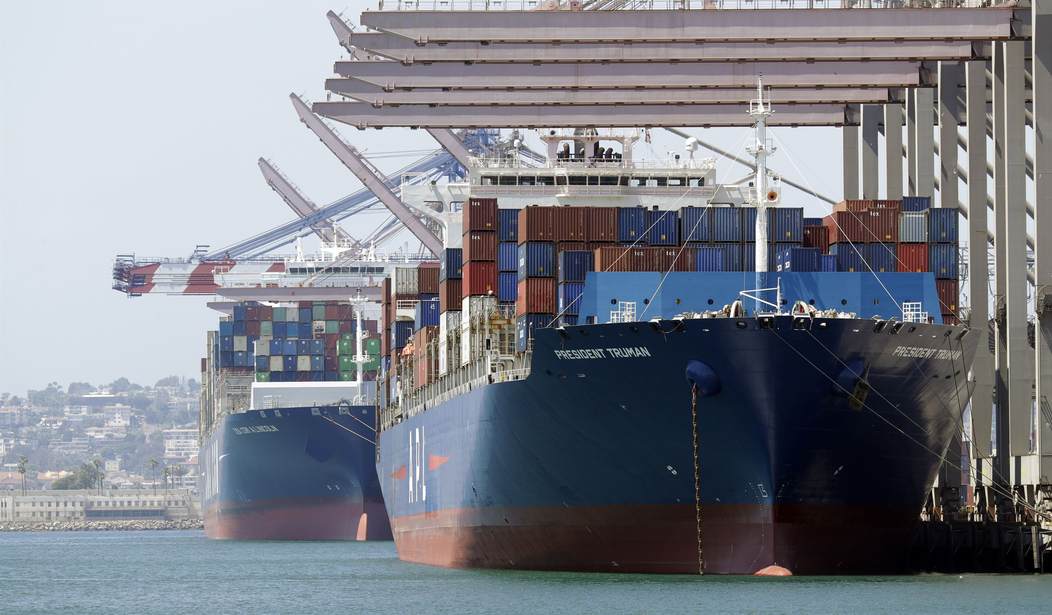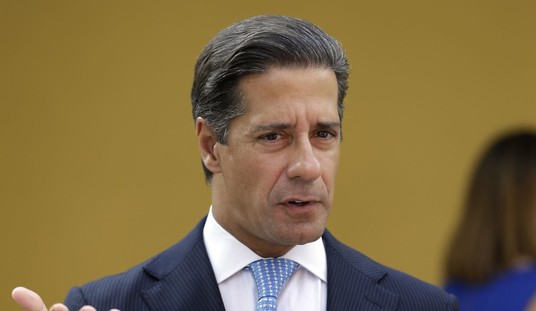President Trump is adjusting his tariff plan today, in particular he's going to reduce the tariffs charged on cars and car parts which threaten to harm US automakers.
A White House spokesperson confirmed that automakers paying Trump’s tariffs on imported cars, which went into effect this month, will not be forced to pay other duties Trump has implemented, like those on steel and aluminum.
White House officials later clarified that only certain tariffs will not stack, and that automakers could still be subject to country tariffs.
The officials also said automakers manufacturing in the U.S., including foreign-owned ones, will be eligible for a 15% "offset" on the cost of the tariffs on foreign-made auto parts, which are set to go into effect on Saturday, May 3.
Trump is going to sign an executive order to clarify all of this later today. Automakers naturally praised the move to lower the tariffs.
GM CEO Mary Barra said the company was "grateful to President Trump for his support of the U.S. automotive industry and the millions of Americans who depend on us.
We believe the President’s leadership is helping level the playing field for companies like GM and allowing us to invest even more in the U.S. economy," Barra said in a statement. "We appreciate the productive conversations with the President and his Administration and look forward to continuing to work together.”
Barra is smart enough not to publicly criticize Trump but at the same time GM and the other automakers aren't seeing any financial benefits from this even if the tariffs come down a bit today.
General Motors is abandoning a previous forecast for solid profit growth this year as a result of the uncertainty created by President Trump’s trade policies, the automaker said on Tuesday...
“We are not going to give any more forward guidance on tariffs until we have more clarity,” the company’s chief financial officer, Paul Jacobson, said in a conference call with reporters. “We don’t want to put out a number from the company that is a guess amidst what the administration might do.”
The tariffs had a minimal impact on the company’s financial performance in the first quarter because they didn’t go into effect until April 3, Mr. Jacobson said. “The fundamentals of our business are strong,” he said.
GM's earnings were down 7% in the first quarter but the impact of the tariffs really hasn't been seen yet. We'll see those in the next quarter and not just on cars. The director of the Port of Los Angeles said today that goods coming in from China will be significantly reduced starting next week because of the tariffs.
By next week, the Port of Los Angeles expects cargo volumes from Asia to plummet 35% compared to the same time last year as a result of tariffs.
"It's a precipitous drop in volume, with a number of major American retailers stopping all shipments from China based on the tariffs," the port's executive director, Gene Seroka, told CNBC TV on Tuesday...
Without a trade deal, Seroka said that business leaders are opting to increase shipping volumes from other Southeast Asian ports to get the lower 10% tariff rate applied broadly by Trump as a baseline for most imports. However, regional trade is likely to remain "very light at best" until the US and China can hammer out a deal.
Cargo volume was up in the first quarter as companies tried to get their imports in before tariffs took effect. Because of that, there's a stockpile of goods to fill the shelves for the next few weeks, but if imports drop off 35% as anticipated that stockpile will be depleted pretty quickly.
As I've said before, there is a long-term case to be made for tariffs as a way to bring manufacturing back to the US, to create jobs and to make the US more self-reliant. All of those are good things, but none of them will happen in a few weeks or months. Those are things that could take years to really accomplish.
Meanwhile the downsides of tariffs for consumers are coming a lot quicker. Maybe you won't see it next week or the week after but you will be seeing it soon at major retailers.
Of course it goes without saying that this is having an even greater impact on China. Lack of shipments means there's no where for current production to go and it won't be long before layoffs or shutdowns become necessary. They are going to pay a big price for this pretty soon as well.
The real danger on our end is that we'll have the same amount of dollars chasing fewer goods. That's the formula for inflation and that's not something anyone wants to see return.








